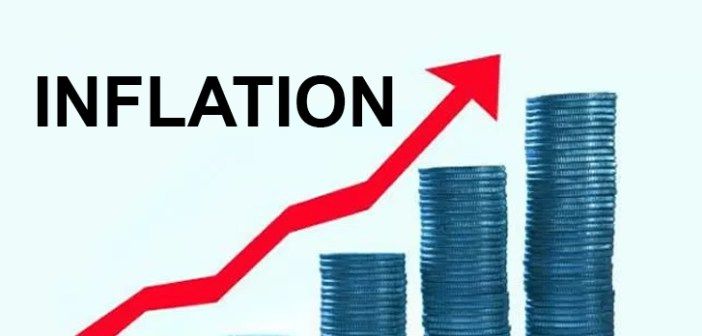10 largest economies in Africa and their inflation rates
The depreciation of local currencies against major international currencies like the dollar has also exacerbated inflation in many African economies, regardless of their economic size.
One of the significant contributors to inflation in many African countries is the volatility of commodity prices, particularly those of essential goods such as food and fuel.
For instance, agricultural-dependent economies are susceptible to climate conditions and global market prices. Similarly, nations relying heavily on oil exports often face inflationary pressures when international oil prices surge.
So, it’s not just about what’s happening inside a country; it’s also about the twists and turns of the global market that keep inflation knocking on the door.
The depreciation of local currencies against major international currencies like the dollar has also exacerbated inflation in many African economies, regardless of their economic size.
Turns out, having large economies doesn’t necessarily translate to lower inflation rates, and vice versa. So, when it comes to inflation in Africa, it’s a wild ride influenced by a mix of these factors, and it’s anything but a straightforward equation.
Below are the 10 largest economies in Africa and their inflation rates:
| Rank | Country | GDP | Inflation |
|---|---|---|---|
| 1 | Nigeria | $477 Billion | 28.2% |
| 2 | Egypt | $477 Billion | 34.6% |
| 3 | South Africa | $406 Billion | 5.5% |
| 4 | Algeria | $192 Billion | 8.2% |
| 5 | Morocco | $134 Billion | 4.3% |
| 6 | Ethiopia | $127 Billion | 28.3% |
| 7 | Kenya | $113 Billion | 6.8% |
| 8 | Angola | $107 Billion | 18.19% |
| 9 | Tanzania | $75.71 Billion | 3.2% |
| 10 | Ghana | $72.84 Billion | 26.4% |


